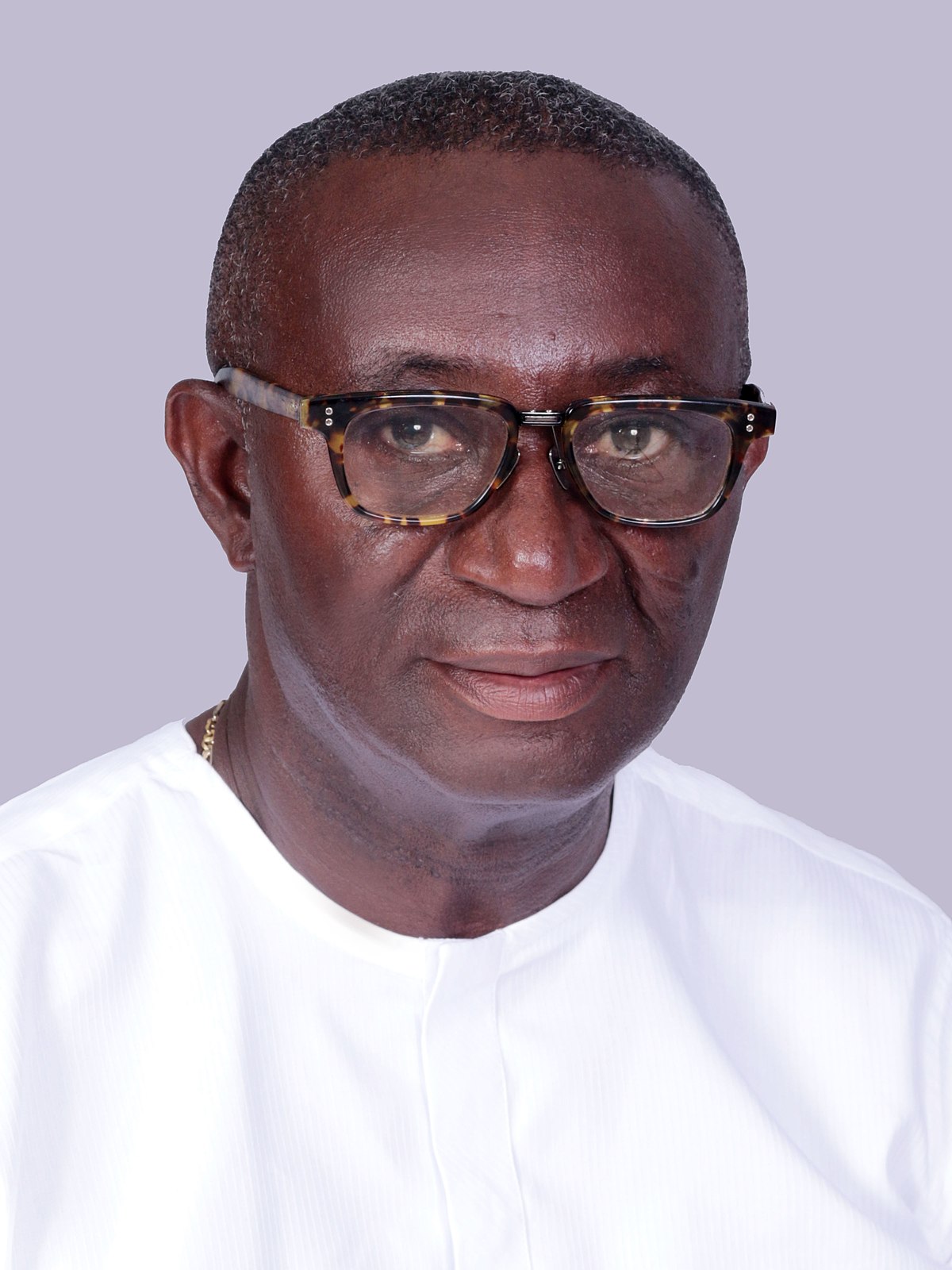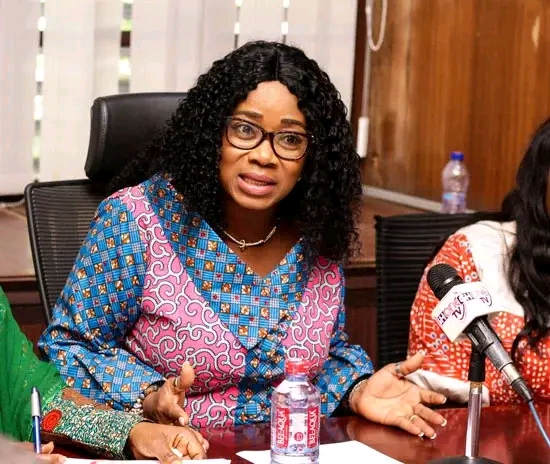By: Kekeli K Blamey
Mr. Andy Appiah-Kubi, Member of Parliament for Asante-Akim North, has publicly acknowledged that Parliament erred in passing Legislative Instrument (LI) 2462, which permitted mining activities in forest reserves under specific conditions. This legislative decision, he noted, has contributed significantly to environmental degradation across Ghana.

“We have failed as Members of Parliament for passing LI 2462,” Appiah-Kubi admitted, expressing regret over the unintended environmental harm caused by the law.
The controversial LI 2462, which is scheduled for revocation on October 15, initially allowed controlled mining in forest reserves but excluded critical areas such as biodiversity zones and cultural sites from mining operations. However, reserves like Draw River, Neung South, Boin Tano, and Oda River Forest were adversely impacted by mining activities.
Environmental activists and health professionals have long warned about the irreversible environmental damage caused by illegal mining—commonly referred to as galamsey—which has devastated ecosystems and threatened public health.
Amid growing pressure from organized labor and civil society, the Attorney General has instructed the Environmental Protection Agency (EPA) to submit LI 2462 for revocation. The government has also reiterated its commitment to addressing the ecological harm caused by mining activities in sensitive areas.
The repeal of LI 2462 is regarded as a pivotal step in curbing environmental destruction linked to galamsey. Once the law is revoked, mining operations will be banned in all forest reserves, marking a significant victory for environmental advocates and conservationists.
This reversal reflects Parliament’s readiness to correct legislative missteps and reinforces the government’s focus on environmental protection. As Ghana progresses, the revocation of LI 2462 signals a renewed effort to preserve the nation’s natural resources for future generations.






